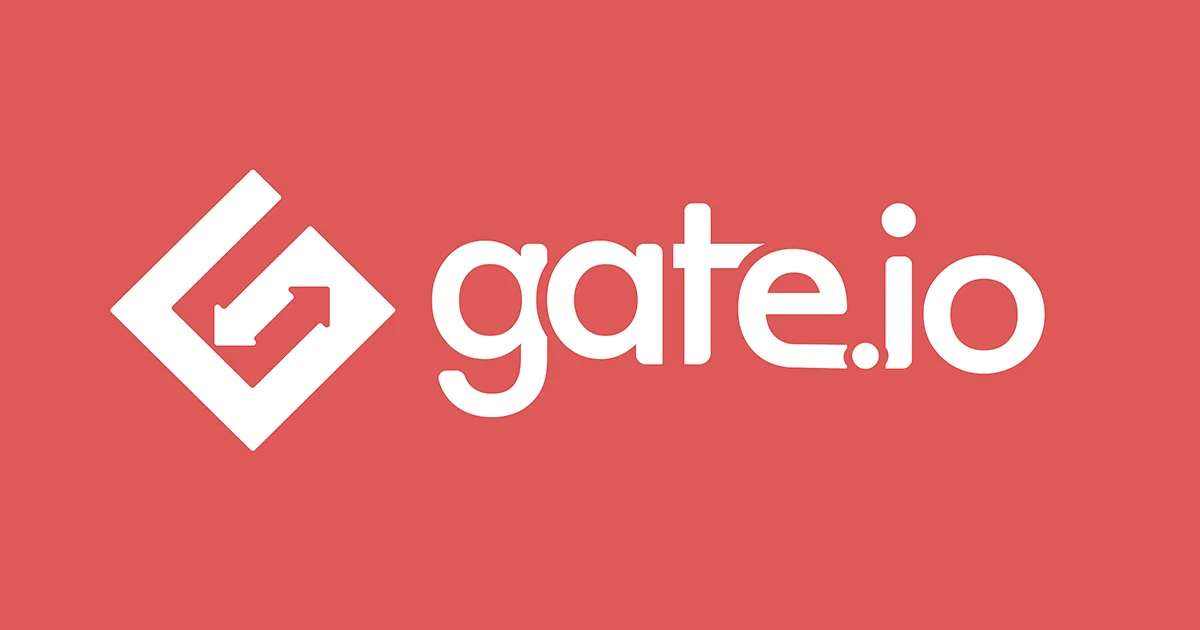Crypto Exchange Gateio Halts Services in Japan to Comply with Local Regulations
23.07.2024 10:00 1 min. read Alexander Stefanov
Gateio has announced it will halt all operations in Japan, effective immediately, including new account registrations for Japanese residents.
This decision aligns with a legal compliance initiative aimed at guiding users towards crypto platforms that meet Japanese regulations.
Gateio has long attracted Japanese traders with its high leverage options, reportedly over 100 times, and a zero-cut system that protected users from debt due to market volatility. However, Gateio lacked the necessary license from Japan’s Financial Services Agency (FSA), which oversees legal crypto operations in the country.

Despite operating without FSA approval, Gateio continued to serve Japanese users, as there were no explicit laws preventing residents from using foreign exchanges. This left users vulnerable, trading without FSA oversight, which mandates a leverage cap of 25 times.
To avoid direct conflict with the FSA, Gateio didn’t market directly to Japanese traders but provided a Japanese-language website. Unlike other major exchanges such as Binance and Coinbase, which faced regulatory warnings and exited Japan, Gateio did not establish a local entity in the country.
-
1
Binance Could Introduce Golden Visa Option for BNB Investors Inspired by TON
07.07.2025 8:00 1 min. read -
2
Weekly Recap: Key Shifts and Milestones Across the Crypto Ecosystem
06.07.2025 17:00 4 min. read -
3
Trump Imposes 50% Tariff on Brazil: Political Tensions and Censorship at the Center
10.07.2025 7:00 2 min. read -
4
Key Crypto Events to Watch in the Next Months
20.07.2025 22:00 2 min. read -
5
USA Imposes Tariffs on Multiple Countries: How the Crypto Market Could React
08.07.2025 8:30 2 min. read
Robert Kiyosaki Warns: ETFs Aren’t The Real Thing
Renowned author and financial educator Robert Kiyosaki has issued a word of caution to everyday investors relying too heavily on exchange-traded funds (ETFs).
Bitwise CIO: The Four-Year Crypto Cycle is Breaking Down
The classic four-year crypto market cycle—long driven by Bitcoin halvings and boom-bust investor behavior—is losing relevance, according to Bitwise CIO Matt Hougan.
Strategy to Raise Another $2.47 Billion for Bitcoin Acquisition
Strategy the company formerly known as MicroStrategy, has announced the pricing of a new $2.47 billion capital raise through its initial public offering of Variable Rate Series A Perpetual Stretch Preferred Stock (STRC).
AI Becomes Gen Z’s Secret Weapon for Crypto Trading
A new report from MEXC reveals a striking generational shift in crypto trading behavior: Gen Z traders are rapidly embracing AI tools as core components of their strategy.
-
1
Binance Could Introduce Golden Visa Option for BNB Investors Inspired by TON
07.07.2025 8:00 1 min. read -
2
Weekly Recap: Key Shifts and Milestones Across the Crypto Ecosystem
06.07.2025 17:00 4 min. read -
3
Trump Imposes 50% Tariff on Brazil: Political Tensions and Censorship at the Center
10.07.2025 7:00 2 min. read -
4
Key Crypto Events to Watch in the Next Months
20.07.2025 22:00 2 min. read -
5
USA Imposes Tariffs on Multiple Countries: How the Crypto Market Could React
08.07.2025 8:30 2 min. read


